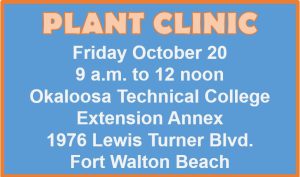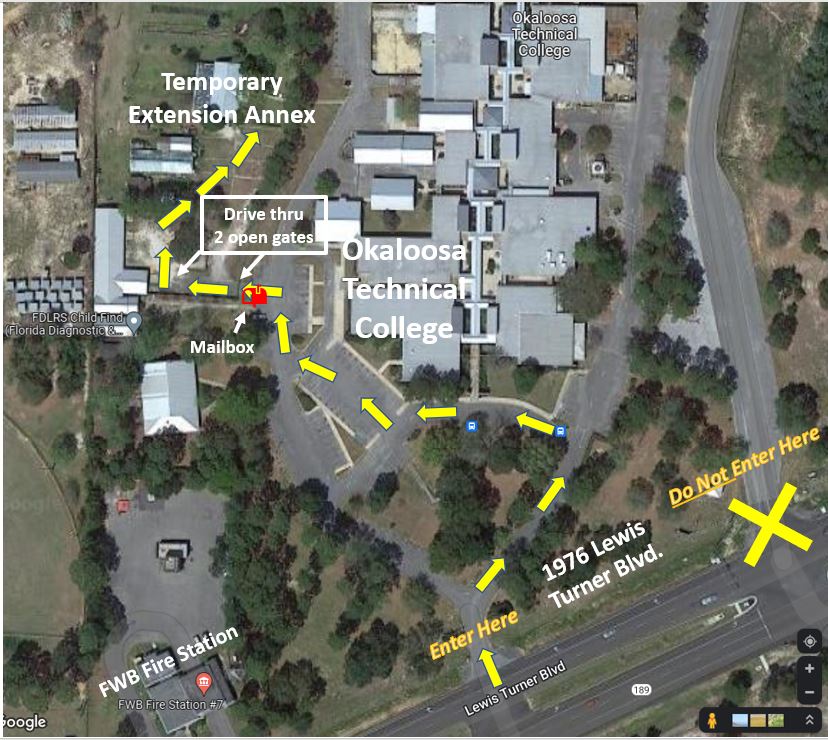If your lawn has a history of winter annual weeds such as henbit, wild geranium, annual bluegrass, chickweed and lawn burweed, you can apply a preemergence herbicide to prevent these weeds from emerging. Apply it during October when nighttime temperatures drop to 55° – 60°F for several consecutive nights. This will be just before the winter annual weeds emerge. After the seedlings are visible, it’s too late to apply a preemergent herbicide. Overuse of some preemergence herbicides may result in lawn roots becoming stunted and weak. Follow label directions when using herbicides!
Fall webworms and armyworms may continue to be active during fall until the lawn is dormant. Your lawn will look like it has been mowed very close where these caterpillars are feeding. Closer examination of leaf blades will reveal notched leaf edges where caterpillars have chewed.
Large patch fungus is common during the cooler weather of fall, winter and spring. In most cases, this lawn disease results in circular brown areas in the lawn. These circular areas slowly expand, sometimes becoming several feet or larger in diameter. Grass in the center of the circular patches may be green, giving a donut pattern.
For specific recommendations on controlling lawn pests contact your UF/IFAS County Extension Office, come to our October plant clinic or use this link: https://hort.ifas.ufl.edu/yourfloridalawn.
 The final Plant Clinic for 2023 will be held Friday, October 20 from 9 a.m. to 12 p.m. at the temporary UF/IFAS Extension Annex located at the Okaloosa Technical College (OTC) in Fort Walton Beach.
The final Plant Clinic for 2023 will be held Friday, October 20 from 9 a.m. to 12 p.m. at the temporary UF/IFAS Extension Annex located at the Okaloosa Technical College (OTC) in Fort Walton Beach.
The address for the Plant Clinic is 1976 Lewis Turner Boulevard in Fort Walton Beach.
See map below.
The plant clinic provides a place for individuals to bring samples of their lawn, landscape or garden plants for diagnosis, including weeds and insects for identification.
To participate, bring a fresh sample of the weed, plant, insect, etc., to the clinic. This may include a plant stem with several leaves, a 4-inch square of grass with roots attached, etc. It’s important to bring fresh samples for diagnosis/identification.
You also may bring a sample of soil from your lawn, landscape or garden for pH testing.
Publications related to fall lawn care will be available for those attending the plant clinic.
Use the entrance closest to the fire station, not the main entrance, and follow the signs to the Extension building located in the back of the OTC campus.
Call the OTC Extension Annex at 850-651-7476 or the Extension Office in Crestview at 850-689-5850 for directions to the Extension Annex or for instructions on how to take an appropriate soil sample for testing.

 1
1
